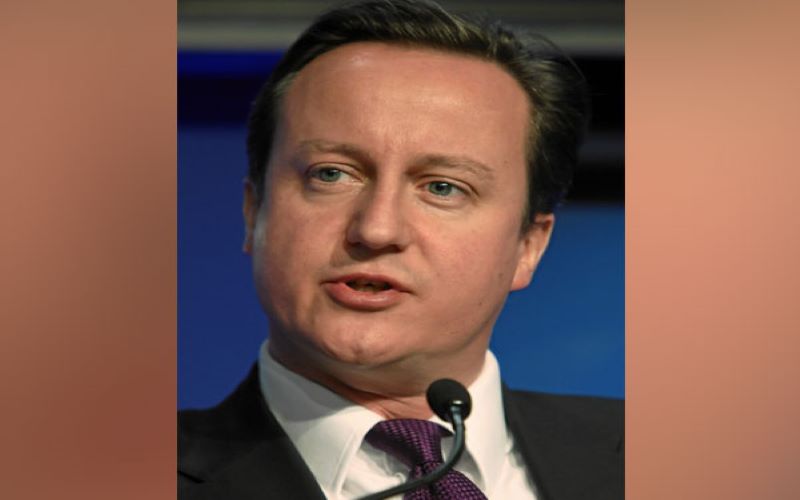London: The results of the 2016 referendum on Britain’s withdrawal from the European Union had made former British prime minister David Cameron “depressed”.
The former Conservative Party leader walked away from 10 Downing Street less than a month after British people voted in June that year to leave the European Union (EU) by a 52-48 margin.
Finally breaking his silence over the deal in a detailed interview on Friday with British newspaper The Times, Cameron said that he recognised some people will never forgive him for holding a referendum, but he thinks a referendum was ‘inevitable’.
“This issue needed to be addressed and I thought a referendum was coming, so better to try to get some reforms we needed and have a referendum,” the politician said.
“But I accept that effort failed. I do understand some people are very angry because they didn’t want to leave the EU. Neither did I,” he added.
Cameron also noted that he thinks every single day about the referendum and the fact that he lost.
“I worry desperately about what is going to happen next. I think we can get to a situation where we leave but we are friends, neighbours and partners. We can get there, but I would love to fast-forward to that moment because it’s painful for the country and it’s painful to watch,” he said.
Cameron, in his interview, further accused prime minister Boris Johnson and Cabinet Minister Michael Gove of behaving appallingly during the 2016 EU referendum campaign, saying they had left the truth at home.
He said he hopes that Johnson will manage to secure a deal with Brussels.
Cameron also said he believes a second referendum might be the way forward.
The interview came ahead of the upcoming publication of his memoir ‘For The Record’, which details the Brexit debate before, during and after the referendum.
More than three years later, nobody knows how the Brexit saga will end, with Prime Minister Boris Johnson remaining convinced that a deal with Brussels will be struck by the October 31 deadline when Britain is scheduled to leave the bloc, despite a multitude of hurdles to navigate.

